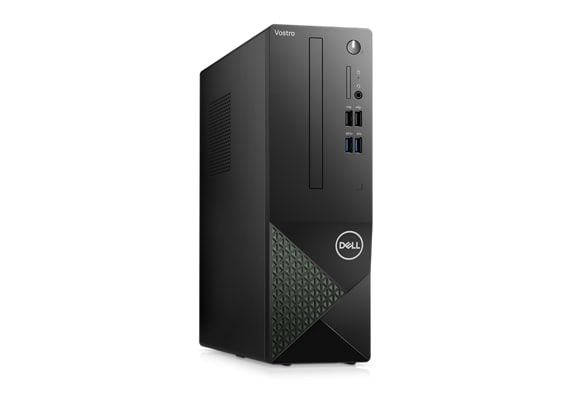I'm looking to replace my wife's old desktop PC with one that's described as "Small Form Factor", which I presume means a smaller case.
It already comes with an Intel graphics card, but if she wanted to upgrade this for a more powerful and better quality graphics card in future, should it be relatively easy? I just don't know much about computer hardware!
@SilentRoamer - anything you can add?
It already comes with an Intel graphics card, but if she wanted to upgrade this for a more powerful and better quality graphics card in future, should it be relatively easy? I just don't know much about computer hardware!
@SilentRoamer - anything you can add?


